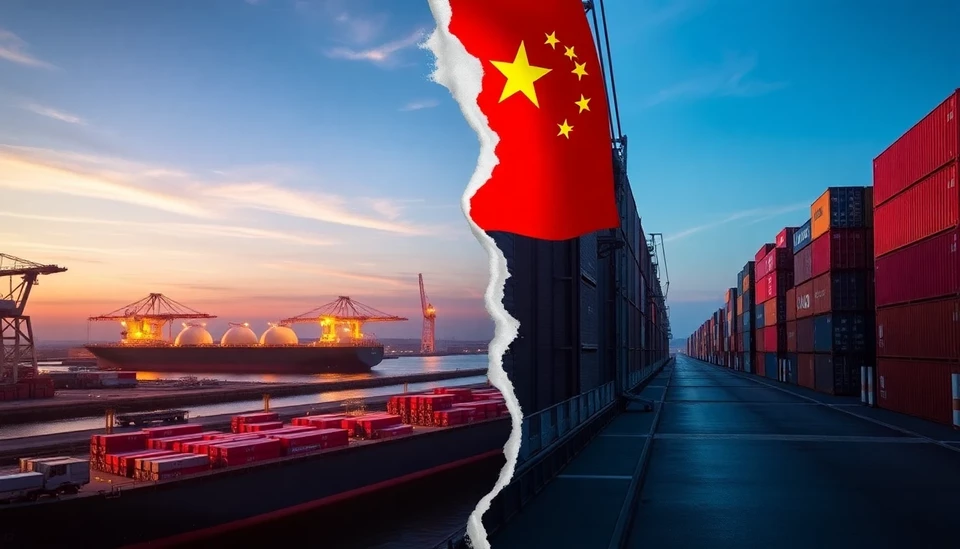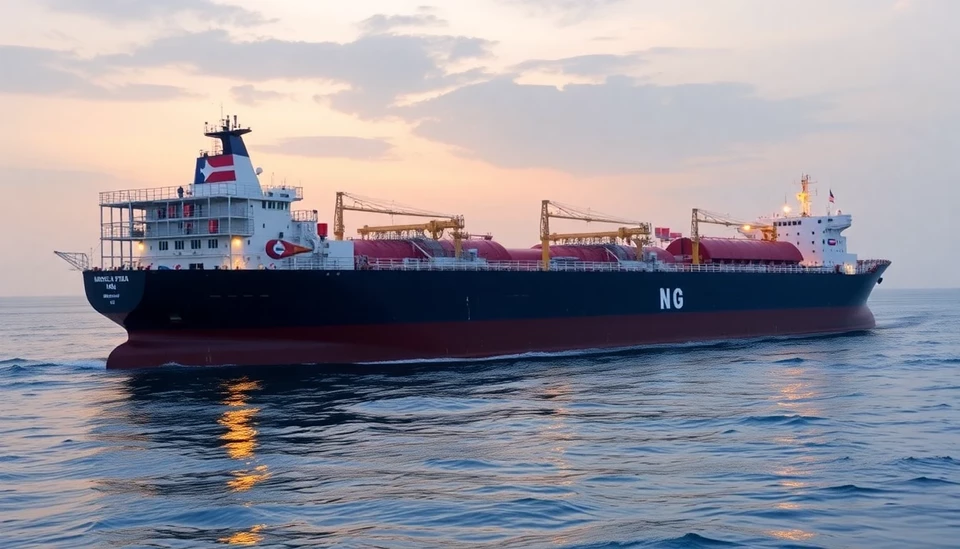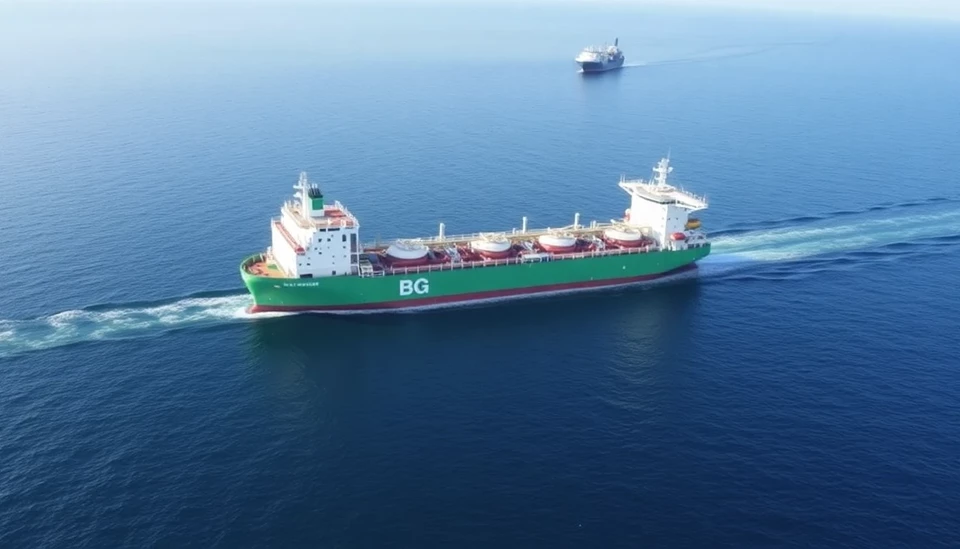
The ongoing trade tensions between the United States and China have brought various commodities into focus, but few have been as pivotal as liquefied natural gas (LNG) and tungsten. As the U.S. ramps up efforts to reduce its trade deficit with China, these two commodities have emerged as key players in the complex web of tariffs and negotiations that define the current economic landscape.
LNG, a vital source of energy, has seen its export potential increase significantly due to China’s growing demand for cleaner energy alternatives. The U.S. has been positioning itself as a major exporter of LNG, with ambitious plans to supply a substantial portion of China's energy needs. However, the fluctuation in trade policies and tariffs, especially during the Trump administration, has complicated these aspirations.
On the other hand, tungsten, a critical material used in a variety of applications including military technology and electronics, has also found itself caught in the crosshairs of the trade dispute. China has historically dominated the tungsten market, controlling more than 80% of global supply. The U.S. has made efforts to establish alternative supply chains for tungsten to mitigate risks related to dependence on Chinese imports.
The interplay between these commodities and trade policy illustrates the broader narrative of the trade war. The Trump administration's approach involved imposing tariffs on a range of Chinese goods, aiming to address the trade imbalance but inadvertently impacting the markets for LNG and tungsten, among others. As tariffs altered trade dynamics, both countries adapted their strategies, leading to a reshaping of the commodities market landscape.
The recent developments in trade negotiations indicate a cautious optimism. There are discussions about tariff reductions and potential trade agreements that could stabilize the LNG market. Meanwhile, tungsten’s strategic importance signifies that the U.S. will continue to seek ways to bolster its domestic supply capabilities.
As the world watches closely, the outcomes of these negotiations and their impact on LNG and tungsten will likely have lasting implications on global energy markets and supply chains. The evolution of trade policies not only affects economic data but also has the potential to reshape the competitive landscape across various sectors reliant on these crucial commodities.
In conclusion, the saga of LNG and tungsten serves as a testament to how intertwined global economies are, and how commodity markets can be impacted by political decisions. Stakeholders in both the U.S. and China are keenly aware of the stakes involved as they navigate this complex and often tumultuous relationship, and the future of both commodities will be a significant bellwether for broader economic health.
#LNG #Tungsten #TradeWar #China #TrumpAdministration #Commodities #EconomicPolicy #GlobalTrade
Author: Laura Mitchell




